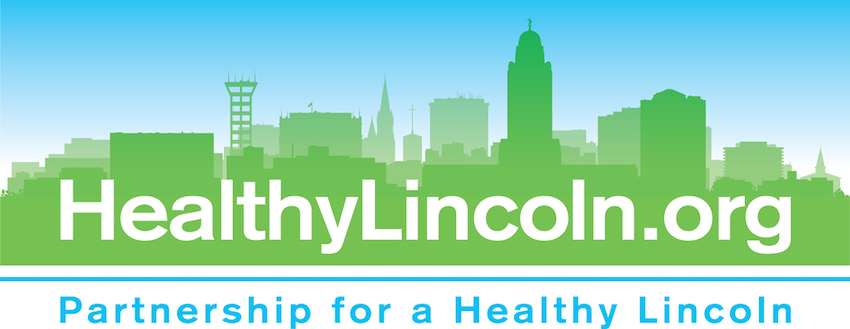After Delivery Healthcare

In the first week and up to 12 weeks.
The first 12 weeks after delivery are a critical time for the health of both mother and baby. The follow-up healthcare during this time (referred to as postpartum for mom and postnatal for baby) is very important for the short-term and long-term health and well-being of both. During this 12-week period, the risk for complications are highest.
It’s important for moms and infants to have their first evaluation by healthcare provider within one week (no later than 3 weeks) after delivery, with a comprehensive evaluation no later than 12 weeks after delivery. The 12-week evaluation helps the healthcare provider determine the type and frequency of follow-up care for both baby and mom during the first year after the baby is born, especially for moms with risk factors such as diabetes, hypertension, and other chronic conditions.
Recovery Time.
In the immediate weeks following childbirth women need extra care, including partner and family support. Labor and childbirth are physically demanding, as is breastfeeding and looking after a newborn baby. It is important then, that women regain their strength and maintain their health as they adjust to life with their new baby. The first few weeks with a new baby are very demanding, physically and emotionally. Women need to rest and take care of themselves as they recover from giving birth, particularly avoiding hard physical labor.
Perinatal Depression
Pregnancy and the period after delivery can be a particularly vulnerable time. Mothers often experience biological, emotional, financial, and social changes during this time. Up to 85% of all new mothers experience the “baby blues,” a short-lasting condition that does not interfere with daily activities and does not require medical attention. But if you are anxious, speak to your healthcare provider about your feelings.
Perinatal depression is different from the “baby blues” in that it is emotionally and physically debilitating and may continue for months or more. Getting treatment is important for both the mother and the child. If you are feeling worried, anxious or depressed before or after your delivery, you are not alone, and there is help. Download a list of perinatal depression counseling resources in Lincoln.
Informal Support Groups
If you are looking for a support group in Lancaster county where you can share your joys and challenges with other mothers in a safe and welcoming environment, download this list.
Mom and Infant Healthcare Insurance Coverage After Delivery.

In Nebraska, post-delivery healthcare coverage for mothers and babies was extended as of January 1, 2024, from 6 weeks to 12 months for mothers who received Medicaid-covered services during their pregnancy. Nebraska Medicaid will automatically check to see what mothers were enrolled in Medicaid or CHIP (Children’s Health Insurance Program) while pregnant and will extend their coverage.
Mothers on the 599 CHIP program do not qualify for this extended healthcare coverage, but healthcare for their babies is still covered (Nebraska Medicaid will automatically check to see what mothers were enrolled). This is true for mothers who lost Medicaid coverage before January 1, 2024, and are still not 12 months postpartum. If the mother is still a resident of Nebraska, her Medicaid coverage will once again be active. The mother will maintain her Medicaid coverage for 12 months even if her life circumstances change. She may lose Medicaid coverage if she no longer qualifies for Medicaid at the end of the 12-month postpartum period.
Mothers can still apply for Medicaid after delivery. If approved, all medical expenses are covered from date of approval. On the application they can request that medical coverage be backdated 90 days, but this is not guaranteed.
Mother and Baby Nutrition After Delivery
For moms. For the first 3 months after delivery, and for the duration of breastfeeding if longer than 3 months, women should eat a greater amount and variety of healthy foods, such as meat, fish, oils, nuts, seeds, cereals, beans, vegetables, cheese and milk to help regain strength. Nutrition Support Resources
Breastfeeding Breastfeeding is best for the health of both mother and infant.
- Moms who breastfeed have a reduced risk of breast and ovarian cancer, type 2 diabetes, and high blood pressure. Moms who breastfeed have less after delivery (postpartum) bleeding and chance of anemia, fewer urinary tract infections, and less risk of postpartum depression. Breastfeeding also promotes faster weight loss after giving birth. Breastfeeding means healthier moms and babies, but mom can need additional support to successfully breastfeed. Breastfeeding Support Resources.
- Breastfed babies have a lower risk of asthma, allergies, obesity, type 1 diabetes, and sudden infant death syndrome (SIDS). Babies who are breastfed exclusively for the first 6 months, without any formula, have fewer ear infections, respiratory illnesses, bouts of diarrhea, and fewer hospitalizations and trips to the doctor. Breast milk helps babies develop a strong immune system that protects them from illnesses. Exclusive breastfeeding for about 6 months is recommended and then continuing breastfeeding while starting babies on solid foods for two years and beyond.







